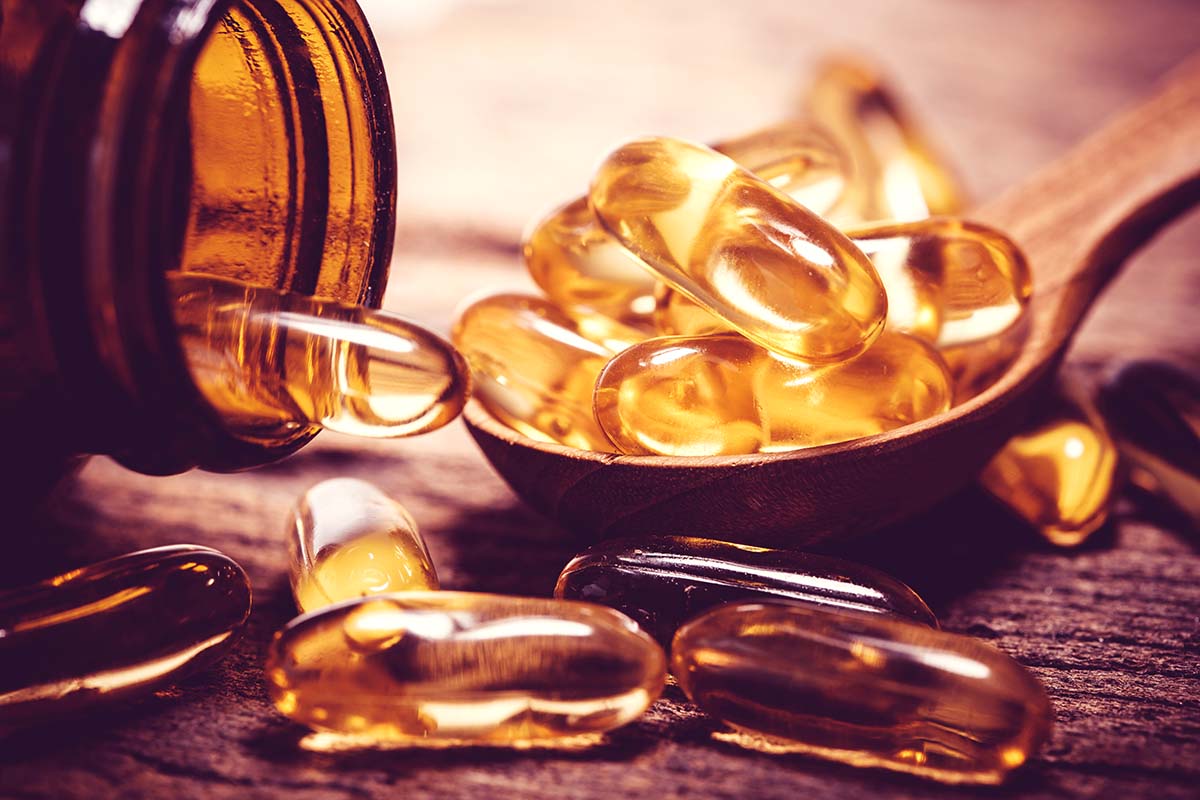Advertisement
8 Easy Ways to Celebrate Earth Day
Start some healthy green habits
April 22 is Earth Day. Celebrated around the world, more than a billion people take part in Earth Day activities. Protecting the environment is more urgent than ever before as our planet faces the crisis of climate change and an ocean filled with plastic, among many other critical environmental problems.
But don’t be discouraged by the big picture. We can all make simple changes to our day-to-day lives that can positively impact the health of our planet.
1. Go public
Take public transit to work or school. Taking public transit instead of driving can reduce your annual carbon dioxide (CO2) emissions by 30 percent. If you’re reluctant to give up the comfort and convenience of your car, start by taking transit one or two days a week. Keep in mind that taking public transit offers personal benefits as well, such as cost savings. A family that uses transit can save an average of $586 each month. Instead of getting stressed over traffic, you can read a book, knit, or catch up on email. Still need convincing? Taking the bus is seven times safer than driving a car.
2. Switch the lights
If you leave a room, turn off the light. Some people believe that it takes more energy to turn lights on and off than to leave them burning, but that’s not true for incandescent lighting. To make a bigger environmental impact, switch to compact fluorescent lamp (CFL) or light emitting diode (LED) lighting. CFL bulbs last six to 15 times longer than incandescent bulbs and use 75 percent less energy. LED bulbs last 25 times longer than incandescent bulbs and use 80 percent less energy.
3. Recycle e-waste
The average consumer gets a new cellphone every 18 months. Canadians generated the weighty equivalent of 1,700 fully loaded Boeing 747s worth of electronic waste (e-waste) in 2012. Our old electronics contain dangerous chemicals such as cadmium, lead, and mercury. When we don’t dispose of e-waste properly, these chemicals can leach into groundwater. Find a recycling depot near you that accepts e-waste. Some stores will recycle cellphones, batteries, light bulbs, and other electronic items.
4. Collect rainwater
Last summer many Canadians were affected by water shortages. We came to appreciate how much we depend on water to keep our lawns and gardens green and healthy. One way to conserve water is to collect rainwater for garden use. The rain that collects in roof gutters can be channelled through downspouts into a rain barrel or other storage device. Rain water can be used to water plants, wash your car or pet, refill a fountain or fish pond, and clean sidewalks and driveways. One inch of rainfall per 100 square feet of collection surface will yield 235 litres of water!
5. BYOB: Bring your own bag
Okay, this suggestion is not new, but plastic bags are still being used, and frankly, they’re dangerous. It’s estimated that 1 million birds, turtles, and other ocean animals die each year after ingesting plastic bags. Plastic bags make up 10 percent of the debris that washes up along the US coastline. And the petroleum used to make just 14 plastic bags can propel a car for one mile. Many stores will recycle used plastic bags. Treat yourself – and the planet – to reusable cloth bags. Just remember that cloth bags need to be washed regularly in a washing machine. The juice from raw meats can contaminate cloth bags with bacteria which can then contaminate other foods. Meat is the only item you may want to put in a plastic bag. (Unless you follow our next tip.)
6. Limit the meat and turn down the heat
Greenhouse gases contribute to climate change. Raising livestock takes up 30 percent of the land surface of the entire planet. It also produces 18 percent of all greenhouse gas emissions, according to the United Nations Food and Agriculture Organization. It’s been estimated that the standard US diet requires 4,200 US gallons of water a day to sustain livestock production (to irrigate crops for feed, provide drinking water for animals, et cetera). A vegan diet requires only 300 US gallons of water a day.
7. Veg out
Besides the environmental benefits of eating less meat, eating more veggies provides health benefits too. Some people opt for a vegan diet while others choose from a variety of vegetarian diets. But overall, a plant-based diet helps protect against cardiovascular disease, lowers blood pressure, and may reduce the risk of type 2 diabetes. Many people start with Meatless Monday. Even Sir Paul McCartney is a Meatless Monday fan.
8. Buy local
When choosing those delicious fresh vegetables for Meatless Monday (or any day of the week), why not buy close to home? Farmers’ markets, community supported agriculture programs, and roadside farm stands are ways to support the local economy and ensure the food you buy is fresh. Fresh-picked produce retains the nutrients that can be lost by shipping and simply tastes better.
Have fun on Earth Day! Check out the local activities and celebrations in your area.







